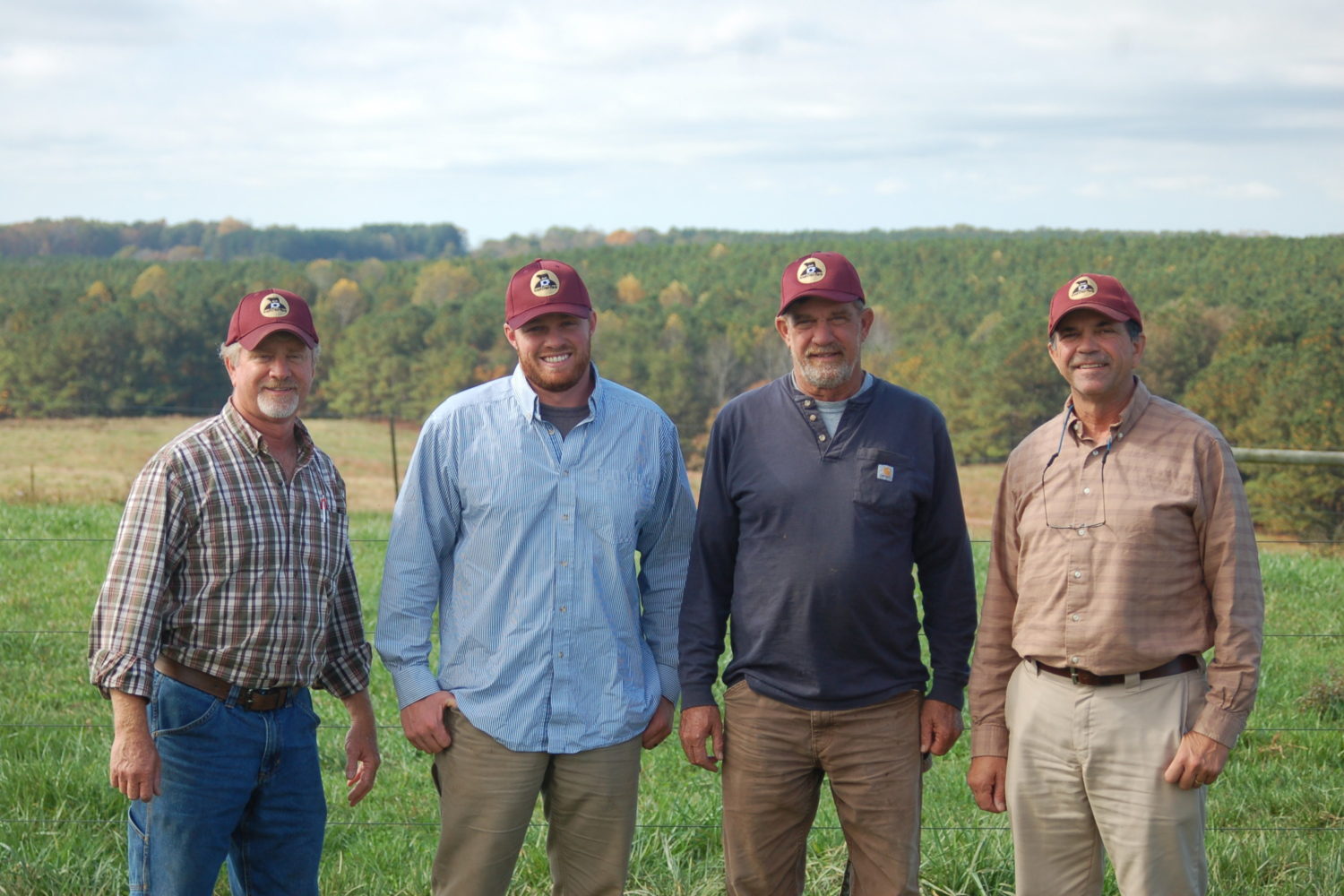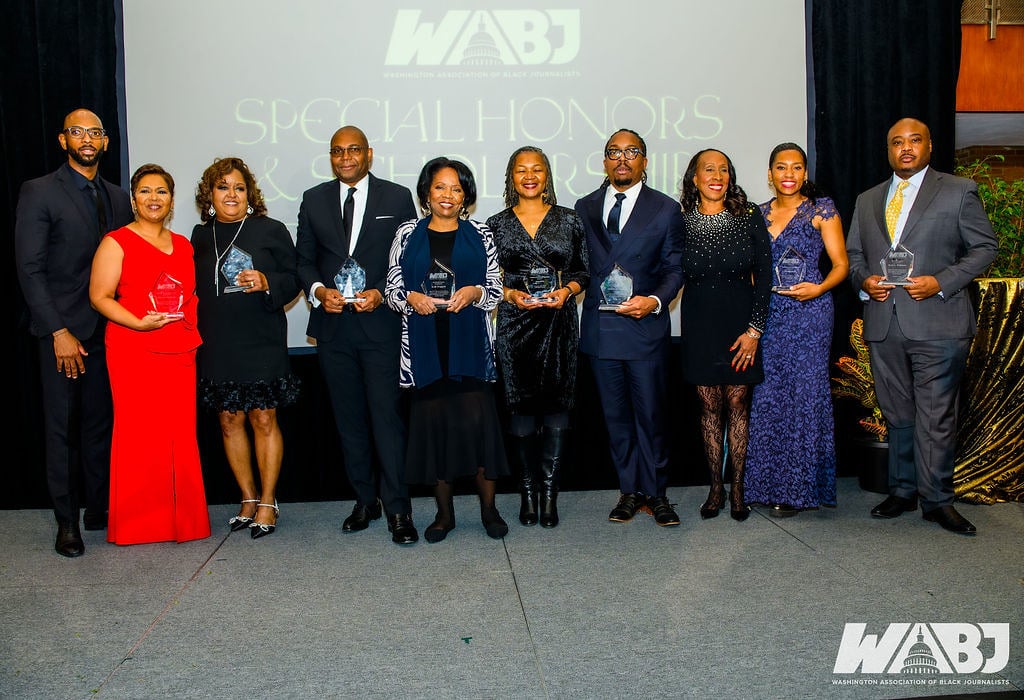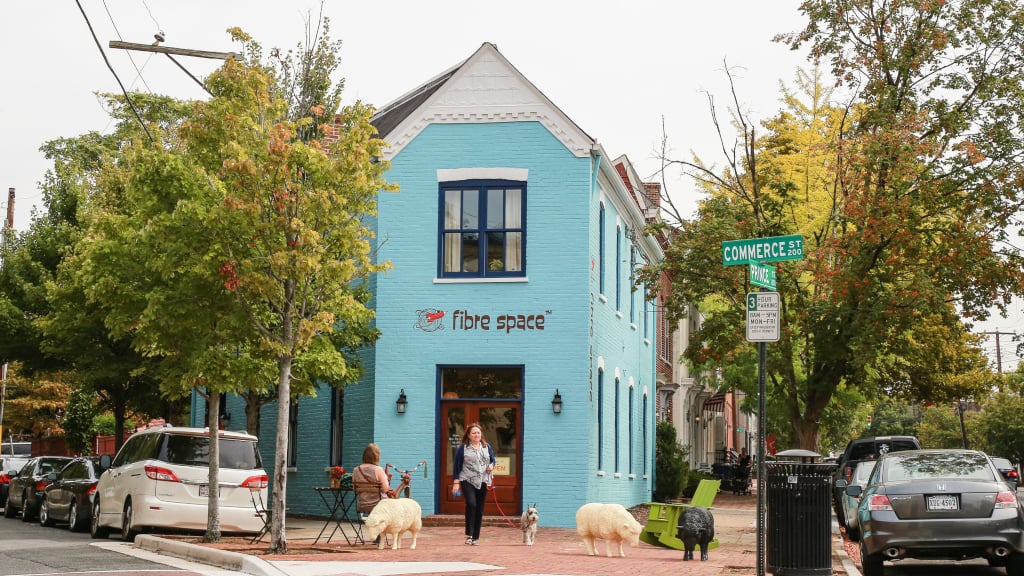On the edge of a sprawling 3,500-acre property in southside Virginia, Paul Bennett’s eyes instinctively drift to the two dozen cows grazing outside his window. The land, which was once home to the Bennett family crop farm, is now Knoll Crest Farm, and is solely devoted to raising cattle.
For decades, Paul Bennett, like other cattle farmers across the country, has utilized different technologies with the goal of maximizing sustainability. Claims that American farms are incompatible with sustainability efforts contradict the fact farmers and ranchers have been dedicated to sustainability for decades and are committed to continual improvement. They have a vested interest in sustainability and want to care for the land that was passed on from their ancestors and leave it better for future generations. They know that without careful, sustainable management, there’s no land to pass on.
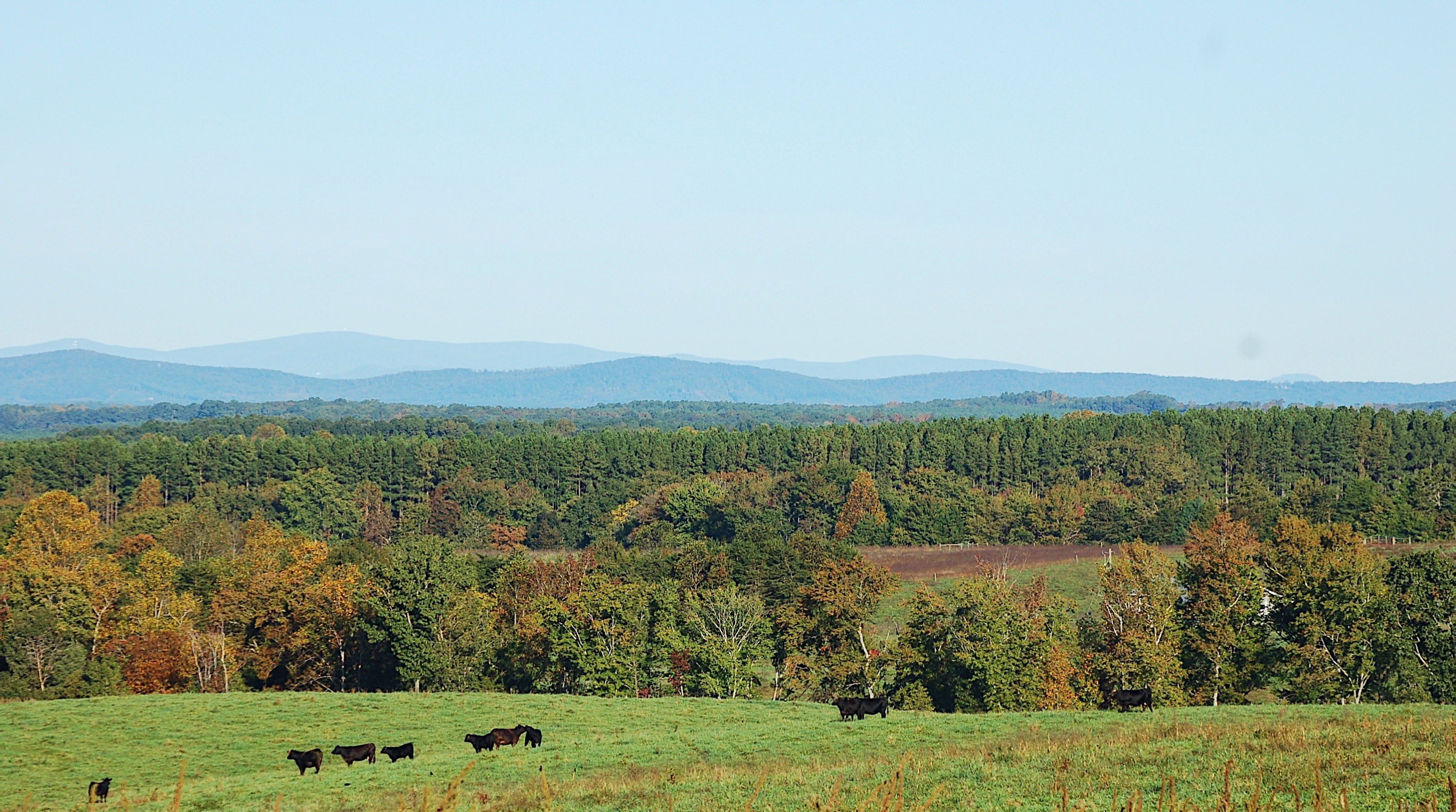
Sustainability isn’t achieved in silos
Sustainability is often spoken about in siloed terms—water, climate, emissions, health. However, Paul’s son, Scott, cautions against this myopic attitude.
These silos are interdependent on, not independent of, each other. The continued health of the local ecosystem depends on farmers taking a holistic approach. “To get that big picture sustainability, you have to look at the whole operation—it’s there,” said Scott.
Cattle farmers know their land and livestock better than anyone. They constantly study and evaluate their practices to identify opportunities for improvement. This dedication to continuous improvement, for both the cattle and the land has been central to the success of cattle farms for generations.
Paul confirms that sustainability creeps into every aspect of cattle farms. “I learned a long time ago that a big part of sustainability is customer service,” he said.
By focusing on customers’ goals and objectives, Knoll Crest Farm can tackle environmental and sustainability issues through better genetics, among other practices. For example, Paul has improved cattle’s adaptability to more extreme weather.
How does this fit into the Venn diagram of sustainability silos? It ensures “a baby calf’s ability to jump up and nurse his mom on a 15-degree morning when he’s born at 5:30,” explained Paul.
Improving the genetics of cattle means they are able to more efficiently use natural resources which, for any business looking to be as sustainable as possible, is a win.
Sustainability is not an overnight endeavor. Many cutting-edge farm practices, like genomic testing, take time to adopt. “But now we can look back and…see the quantitative difference it’s made,” remarked Paul, reflecting on the farm’s ability to now quantify that which he could previously only qualify.

Cattle farms foster a thriving ecosystem
Small, low-tech sustainability efforts can have a similarly direct and positive impact on the farm’s cattle and the local ecosystem.
Simply by fencing off streams, Knoll Crest Farm has prevented cattle from wading in and muddying the water. “When the cattle do drink out of it, [the water] is crystal clear and fresh,” explained Paul.
The positive impact at Knoll Crest Farm is not unique. The empirical evidence from Virginia to California concludes that cattle grazing preserves land and provides homes for other animals. In the past 20 years, Knoll Crest Farm has become a burgeoning habitat for deer, turkey, and even coyote.
While Paul touted the harmonious ecosystem that emerged from their sustainability practices, a family of deer—as if on cue—crossed over the range line to join the cattle for a late-afternoon snack under the April sun.
This tranquil tableau is a far cry from the image of farting and belching cows who have become scapegoats for the nation’s environmental woes.
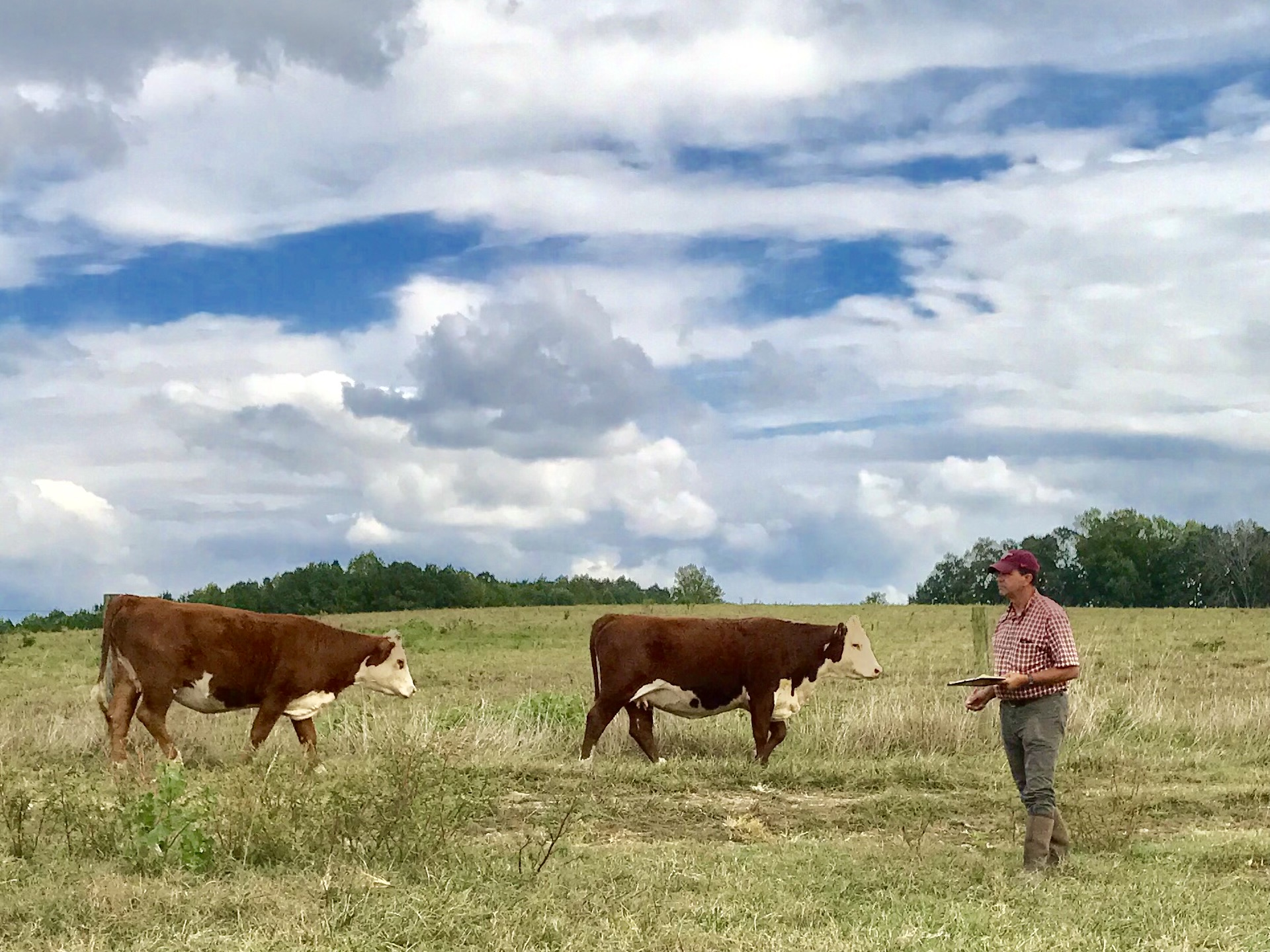
An illogical scapegoat
The Bennetts are aware that cattle farmers are often villainized for their flatulent steer, but they contend the ire is misplaced.
Cattle belches don’t add new carbon into the atmosphere—they’re part of a natural process called the biogenic carbon cycle. Essentially, the methane produced by cattle converts back into the CO2 that plants use for photosynthesis. The cattle eat the plants, and thus the cycle continues. Without cattle, this cycle would be broken and the opportunity to sequester carbon could be lost if the land, once preserved by grazing cattle, is developed.
Moreover, cattle are part of a sustainable food system. In fact, cattle in the U.S. generate more protein for the human food supply than would exist without them.
“In order for this farm to be passed on from generation to generation, which is a quintessential American story, is it has to be sustainable,” said Scott. “Sustainable financially, sustainable environmentally.”
The 2017 Census of Agriculture revealed that family-owned operations comprise more than 90% of U.S. farms and ranches.
To secure their family’s livelihood, these farmers are already working to solve questions that the average consumer wouldn’t even know to ask.
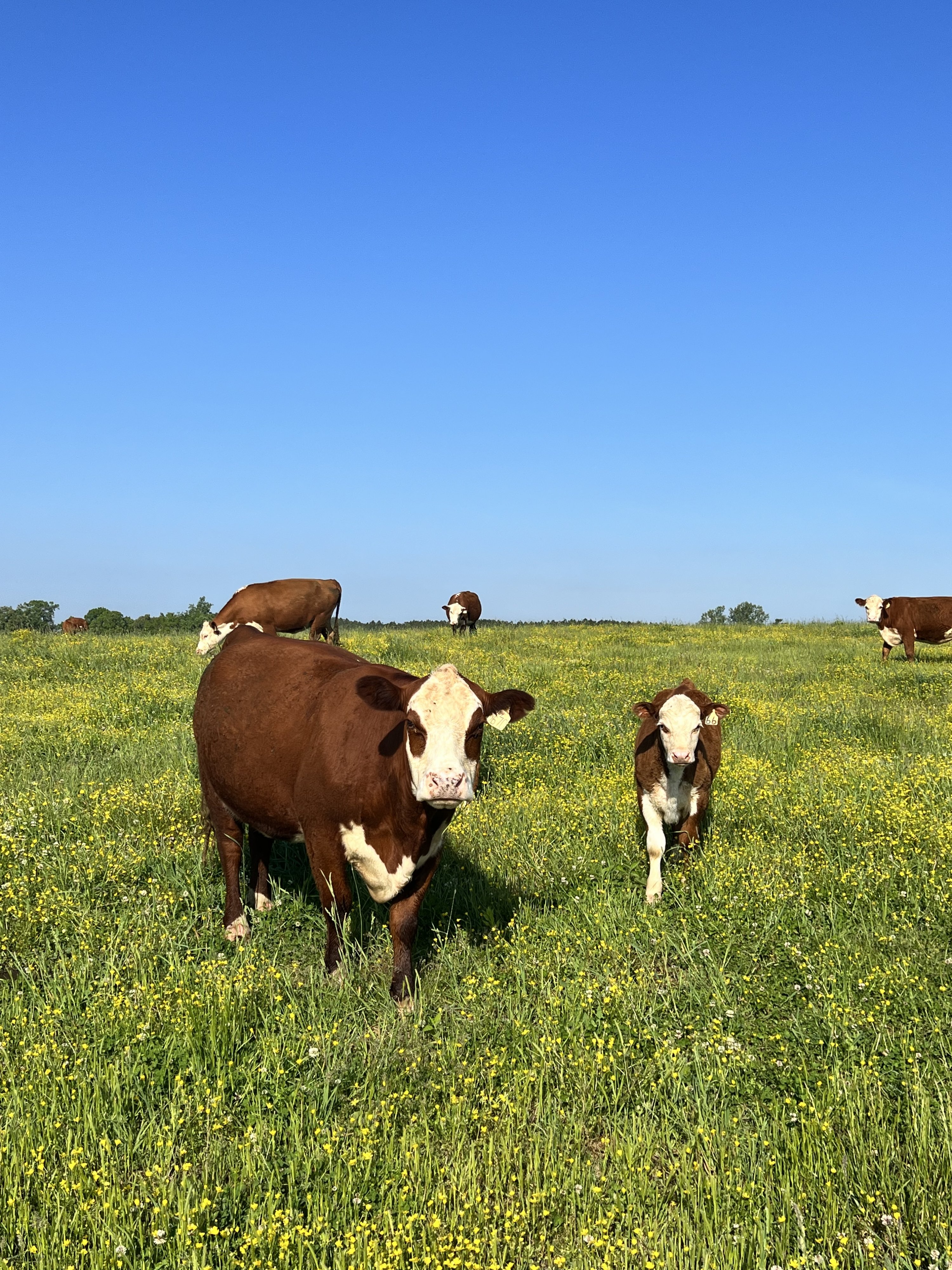
Beef. It’s What’s For Dinner.
The innovative practices employed by the Bennetts and other forward-thinking farmers are the reason that American beef is the most sustainable, high-quality in the world.
That’s why—more than 30 years after the launch of the iconic ad campaign—beef is still what’s for dinner.
Paul’s confidence in cattle farming practices means that he is just as comfortable buying ground chuck on sale at the grocery store as he is ordering certified prime cuts of beef at a steakhouse.
This past April, the Bennett family celebrated Scott’s wedding with a reception at The Monocle Restaurant, a DC mainstay adjacent to Union Station and Capitol Hill.
With Knoll Crest Farm’s cattle genetics sold to ranches in nearly every state in the U.S., was it possible that beef originating from their family farm made it to Scott’s wedding? Maybe.
Was beef part of their wedding meal? “Yes, there was beef served,” Scott laughed. “For sure.”

—
For more information on cattle farm sustainability and all things beef, visit beefitswhatsfordinner.com.

